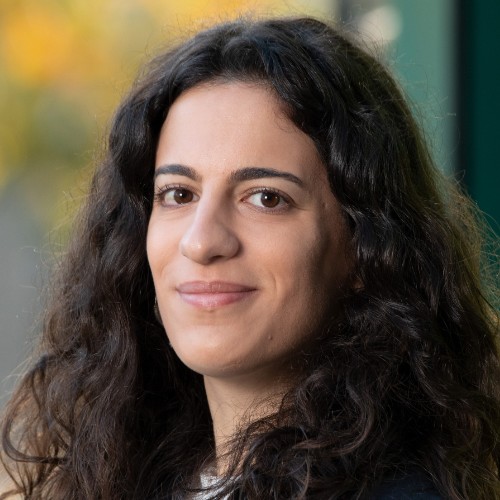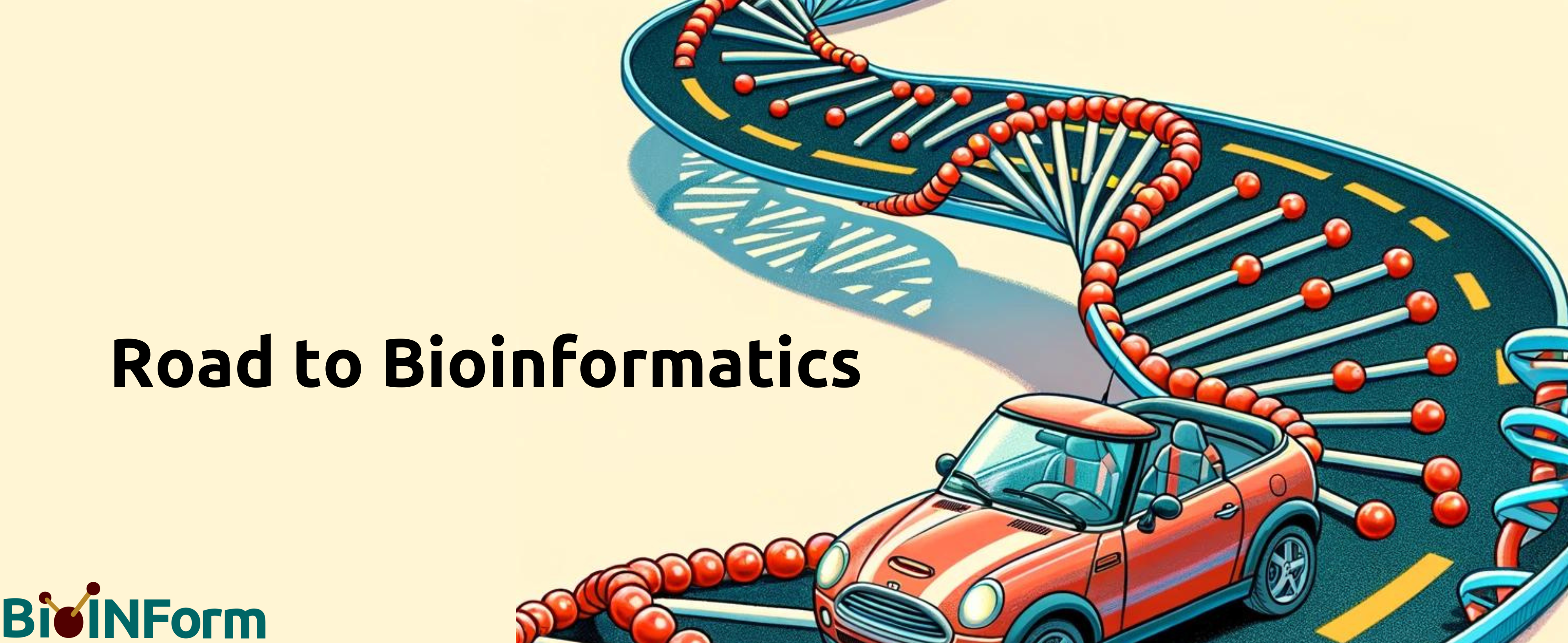My road to bioinformatics - Katarina Elez
Growing up in Montenegro, I received a very broad education, but science classrooms were poorly equipped, and careers in science weren’t widely encouraged. Nevertheless, I developed a strong interest in biology - especially molecular biology - thanks to my biology professor, who encouraged curiosity and critical thinking. I was also drawn to programming, though it wasn’t part of my high school curriculum because too few students were interested in it. Luckily, I had the chance to attend two free summer schools on programming, organized by the professors from the Faculty of Science and Mathematics and supported by doMEn, which gave me my first real exposure to coding.
Although I wasn’t sure which field to pursue, one thing was certain: it had to be science. While exploring different study programs with my mother, she came across bioinformatics—a discipline she thought would suit me well. As soon as I looked into it, I realized it was the perfect blend of my interests, offering an exciting way to solve complex problems. Determined to pursue this interdisciplinary field, I faced one final decision: should I start with a degree in biology or computer science? In the end, I chose computer science, considering the broader job opportunities it could provide.
Given my proficiency in Italian and the scholarship opportunities available to international students, Italy seemed like the ideal place for my studies. I decided to pursue a degree in Computer Science at the University of Bari. The curriculum covered a broad range of topics, from core computer science subjects like programming, algorithms and data structures to mathematics courses such as calculus and discrete mathematics. I especially appreciated the program’s emphasis on practical work. While I wasn’t particularly drawn to software development, the idea of creating software to solve scientific problems fascinated me.
After completing my undergraduate studies, I took part in an Erasmus+ traineeship in Utrecht (Netherlands), where I worked on a bioinformatics project within a research group. This experience was invaluable, giving me firsthand insight into the field and helping me decide that bioinformatics was truly the right path for me. It led me to pursue a Master of Science in Bioinformatics at the University of Bologna. While many bioinformatics programs focus heavily on genomics, what drew me to Bologna was its emphasis on structural bioinformatics. The curriculum explored molecular structures, their analysis, modeling and prediction - topics that I found particularly engaging. Toward the end of my master’s studies, I had the opportunity to conduct my thesis research during an Erasmus+ exchange in Stockholm (Sweden), further expanding my experience in the field of structural bioinformatics.
Subsequently, I began my doctoral studies in Berlin, focusing on computational drug design using molecular simulations and artificial intelligence. Simply put, this involves running virtual experiments where computers analyze millions of molecules to predict which ones are most likely to combat a specific disease. This approach enables rapid screening of potential drug candidates, reducing the need for expensive and time-consuming lab experiments and ultimately accelerating the discovery of new medicines.
Beyond my academic work, I am passionate about teaching and science outreach. During the pandemic, my colleagues and I reflected on our career paths and saw an opportunity to create NGO Bioinformatika, with the mission of making bioinformatics more accessible to young students than it was for us. In my spare time, I enjoy teaching and developing educational content for the NGO, hoping to inspire the next generation of scientists.
Looking ahead, I aspire to continue a career in research, whether in academia or industry. My interests lie in structure-based drug discovery and molecular machine learning - fields that combine problem-solving with real-world impact. I am driven by challenges that have the potential to make a meaningful difference, and I hope to apply my knowledge and skills to advance scientific discoveries that benefit society.

